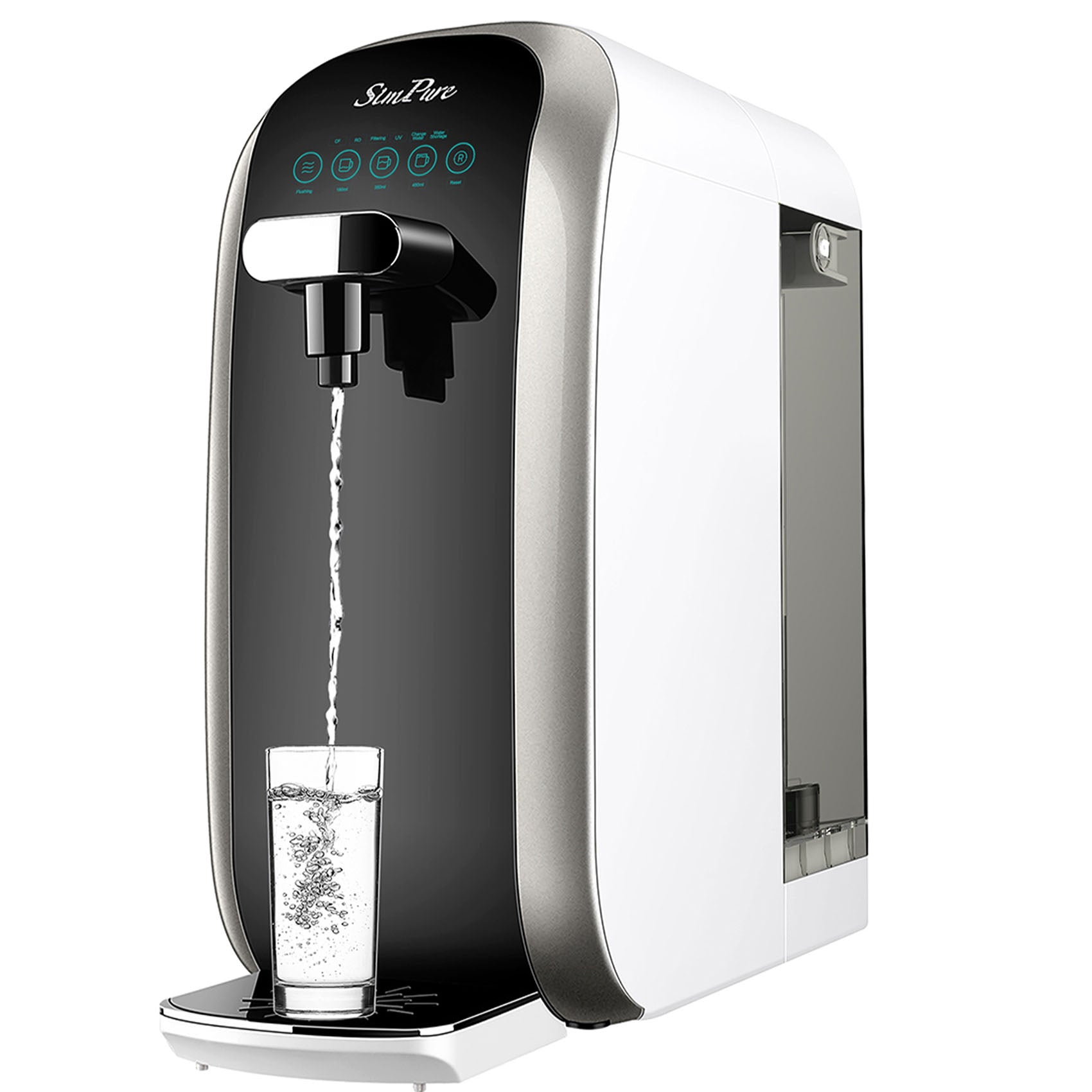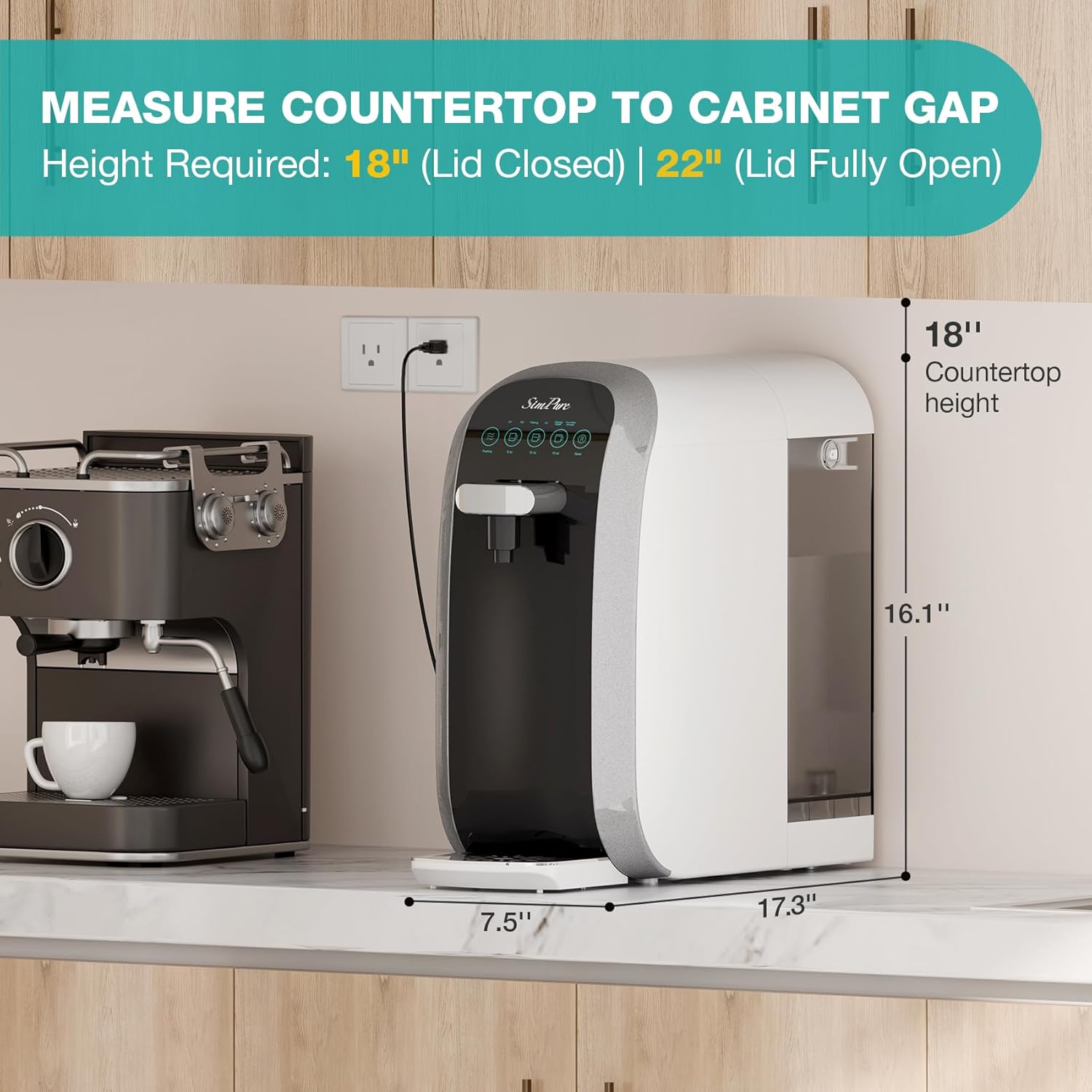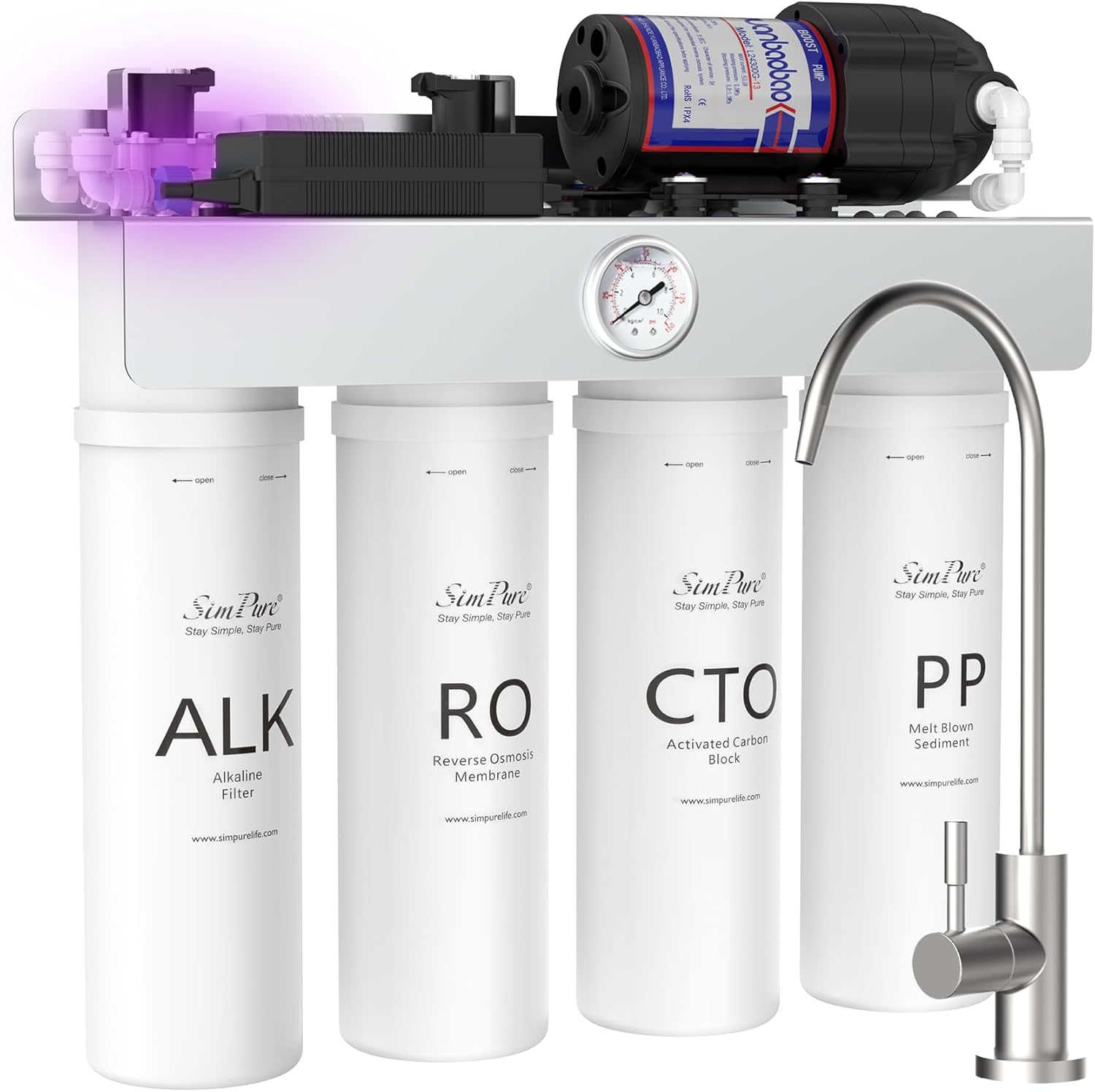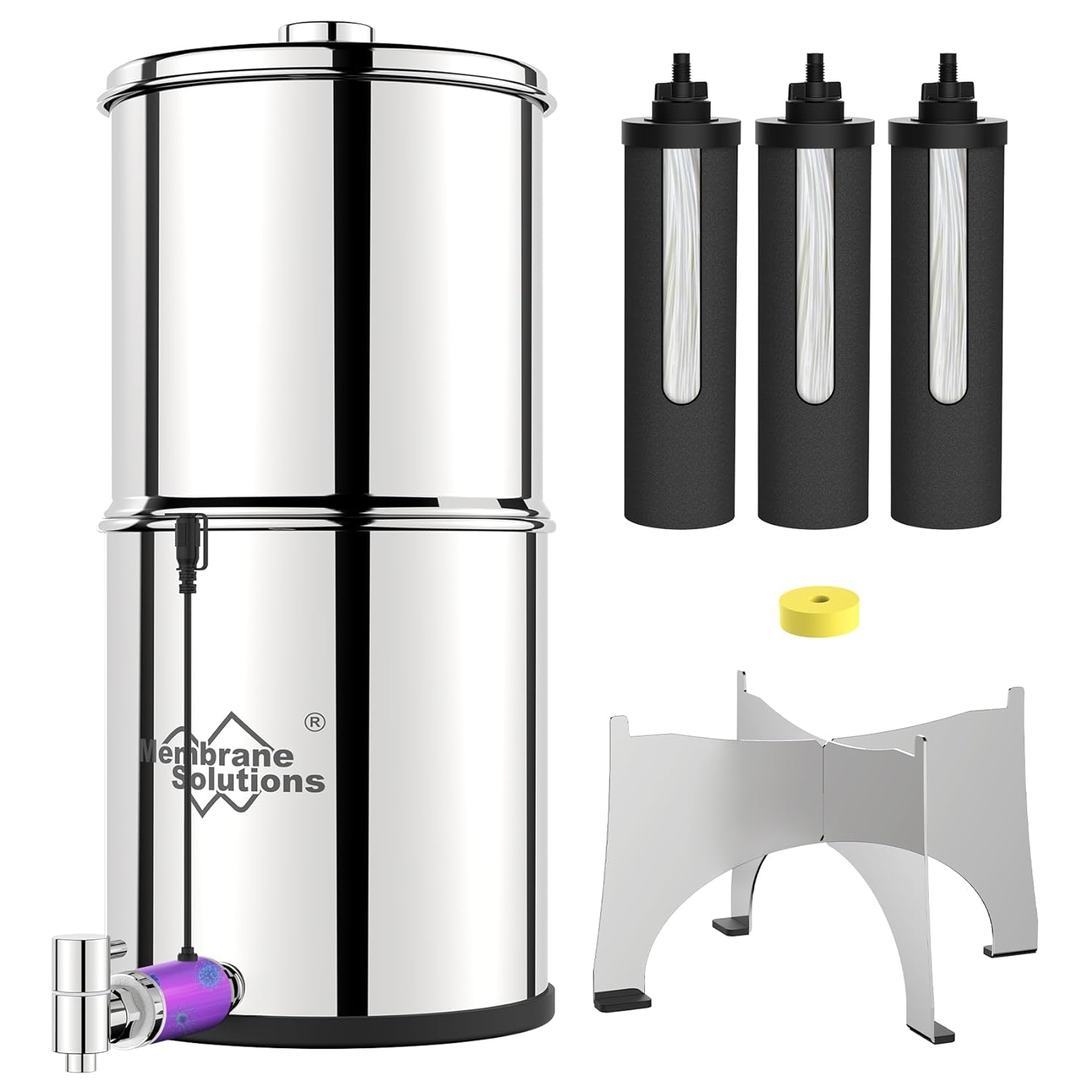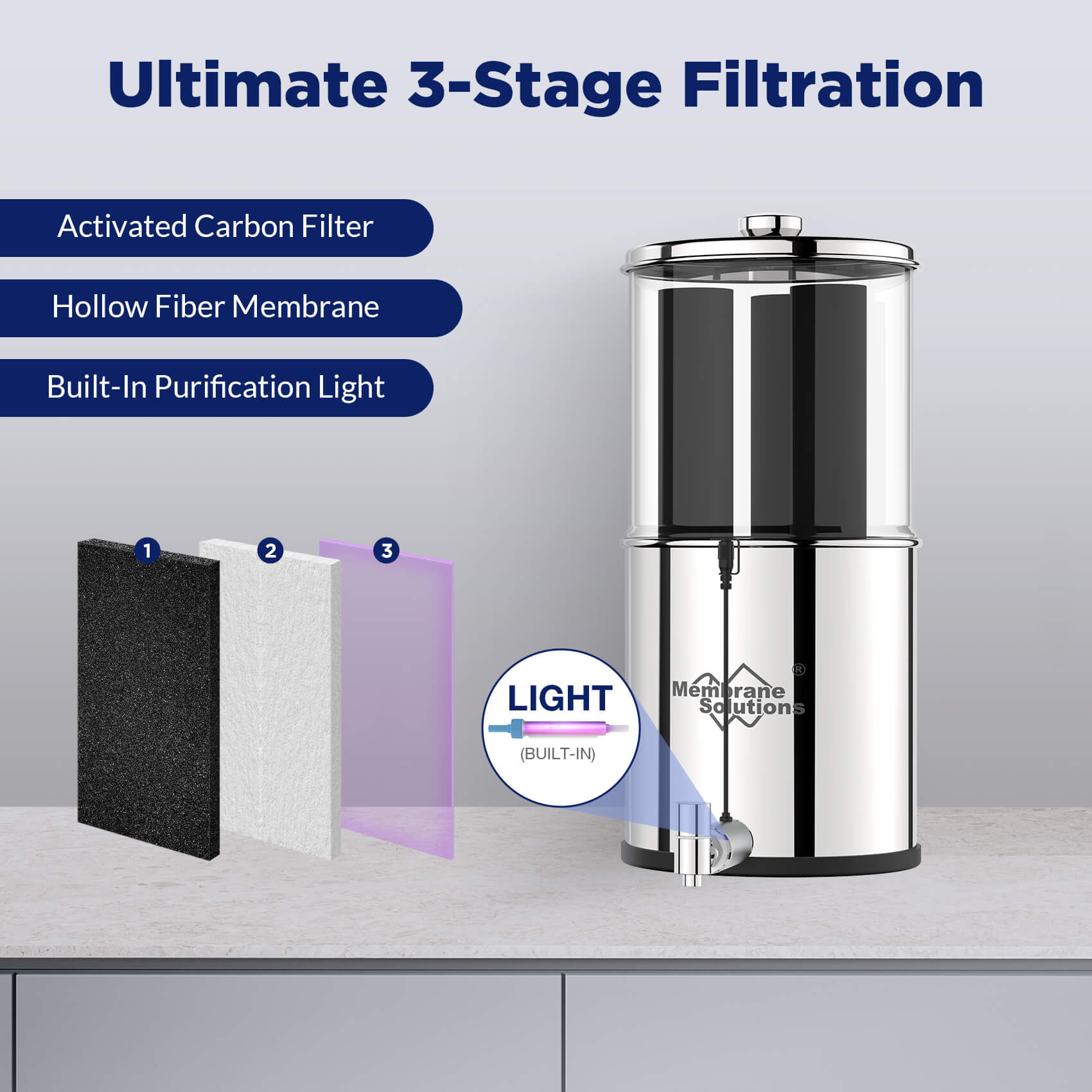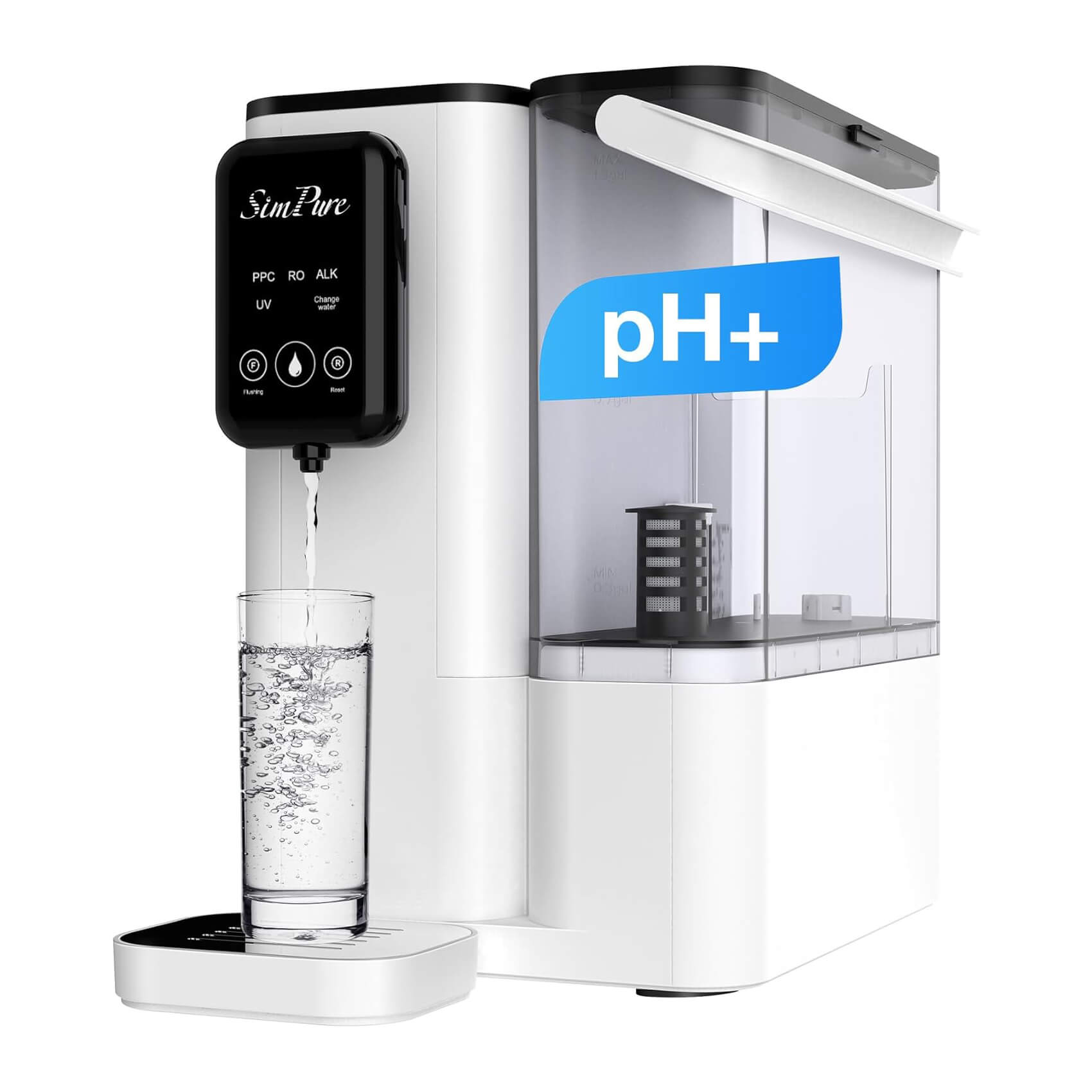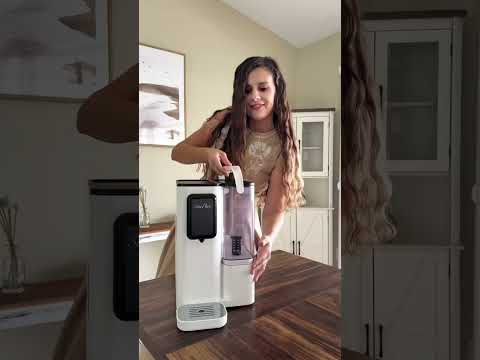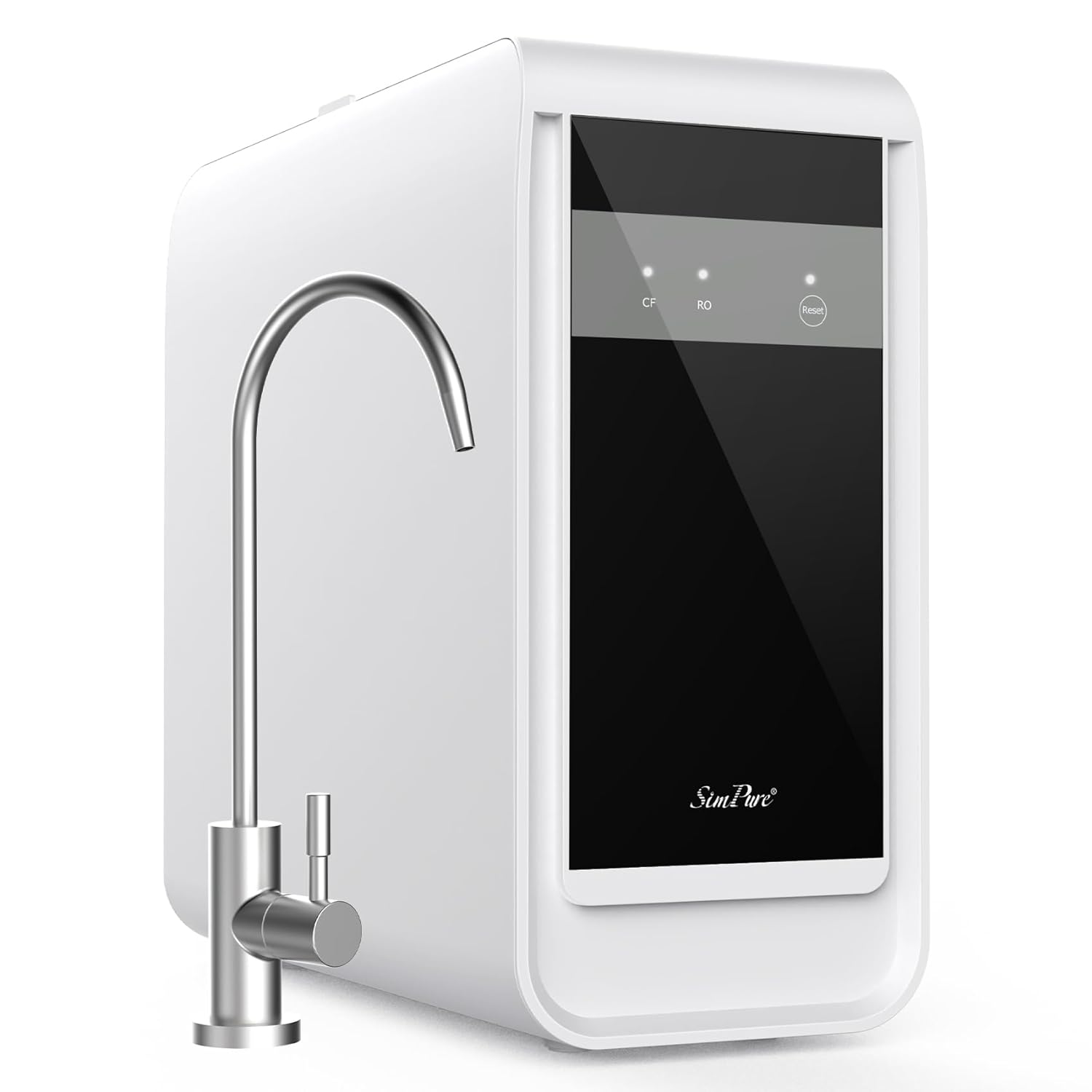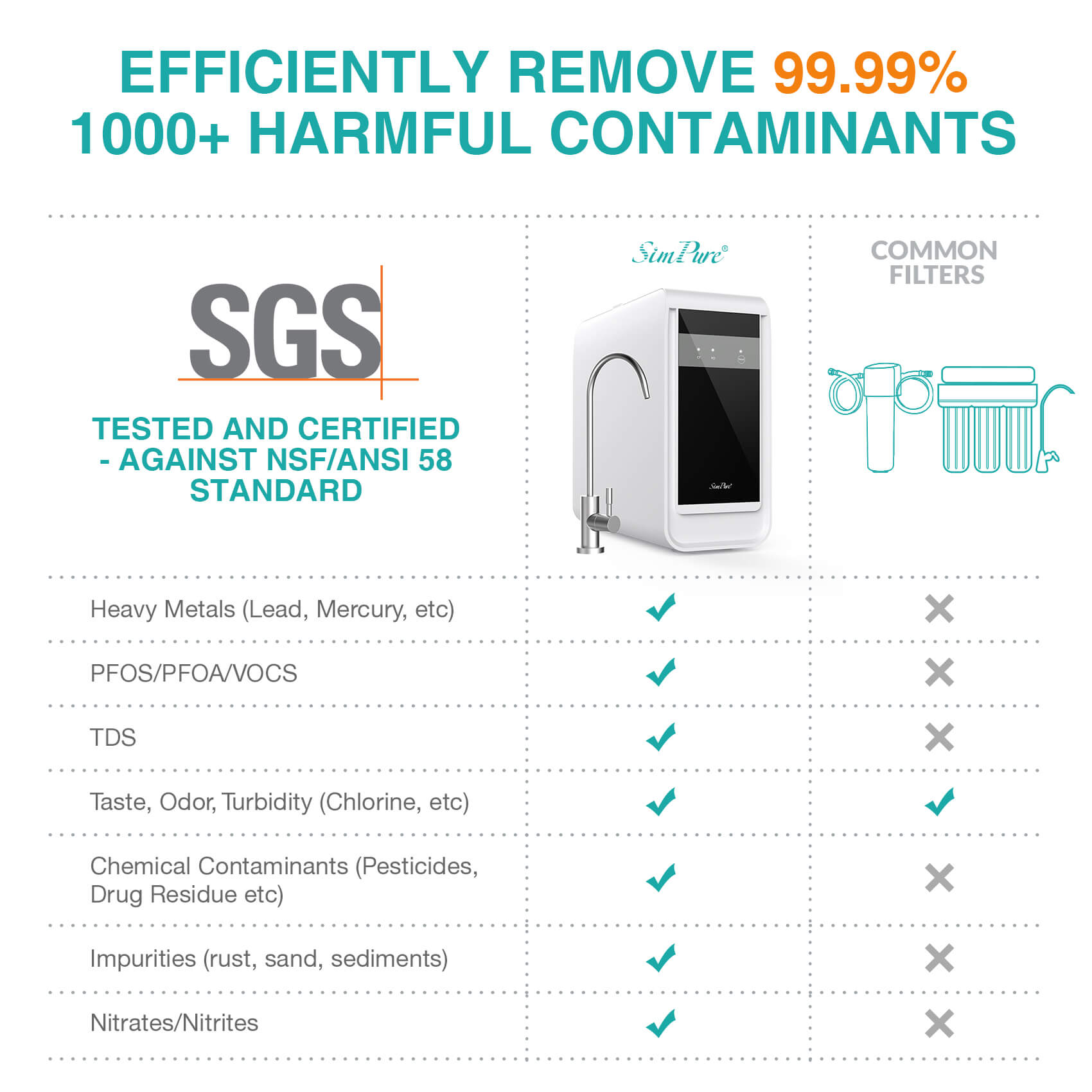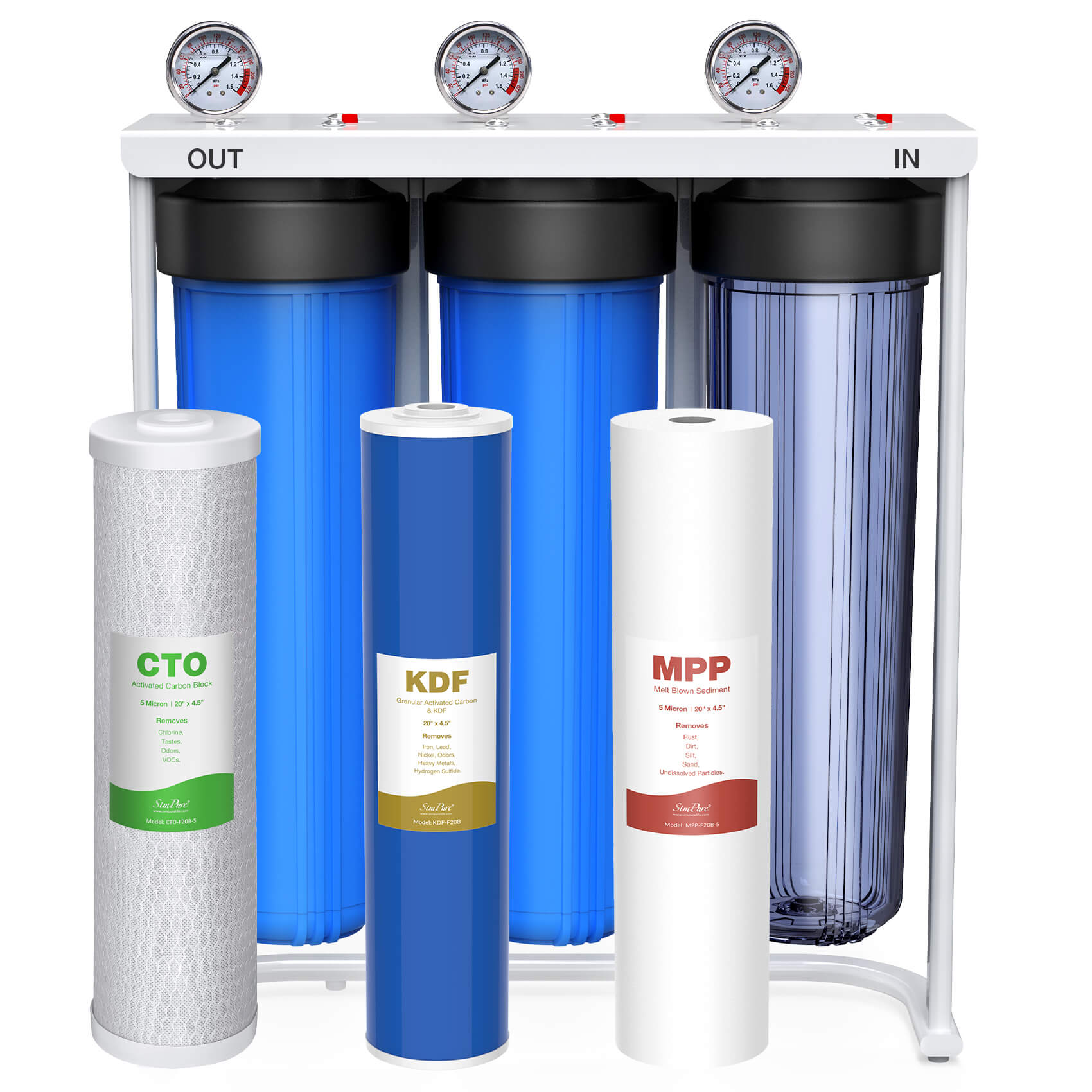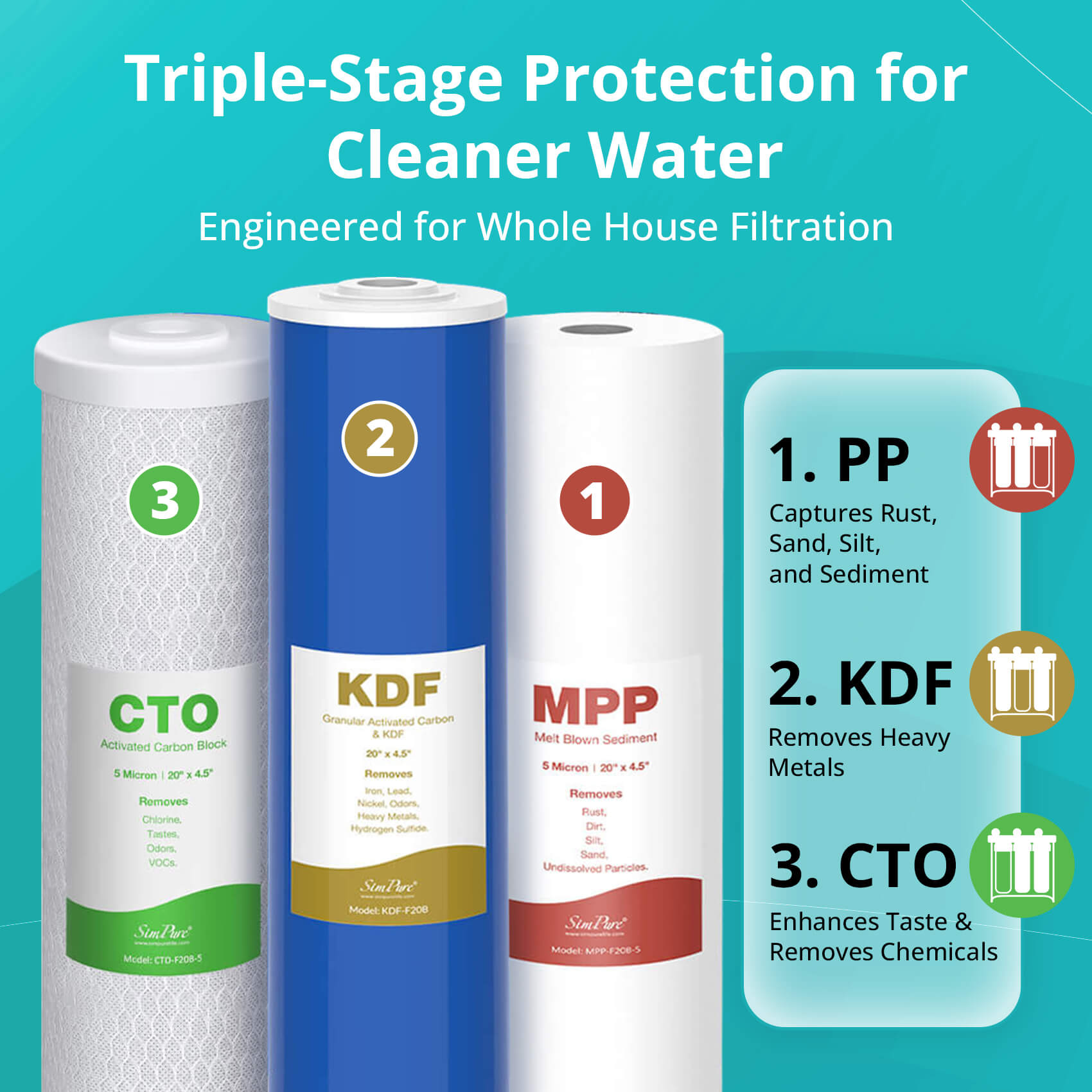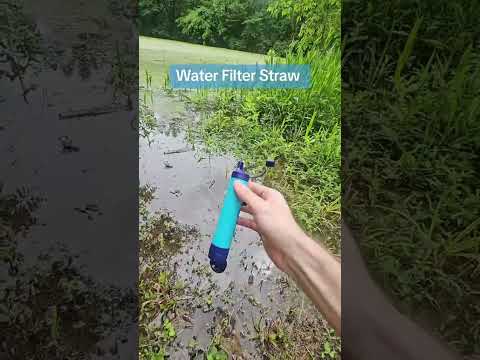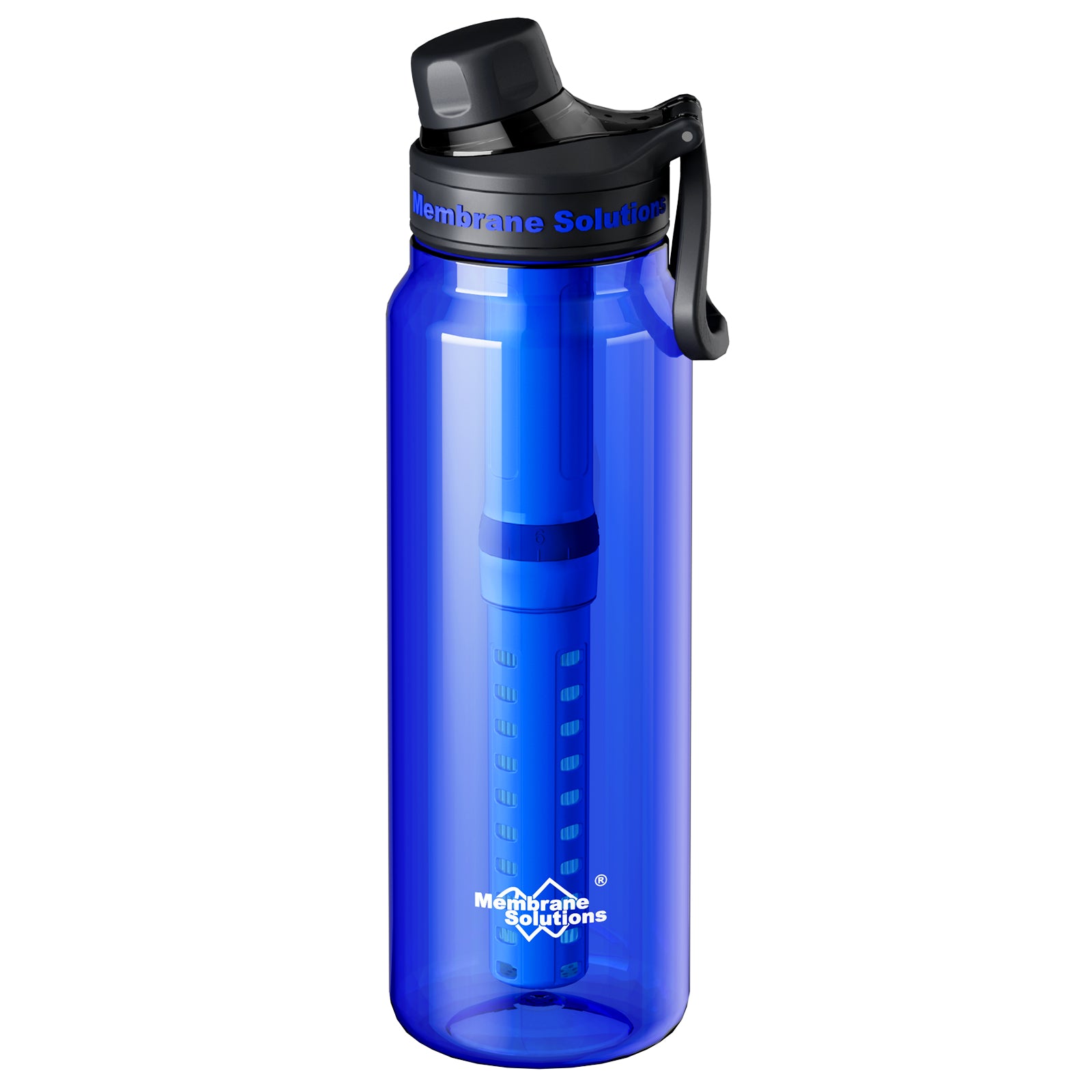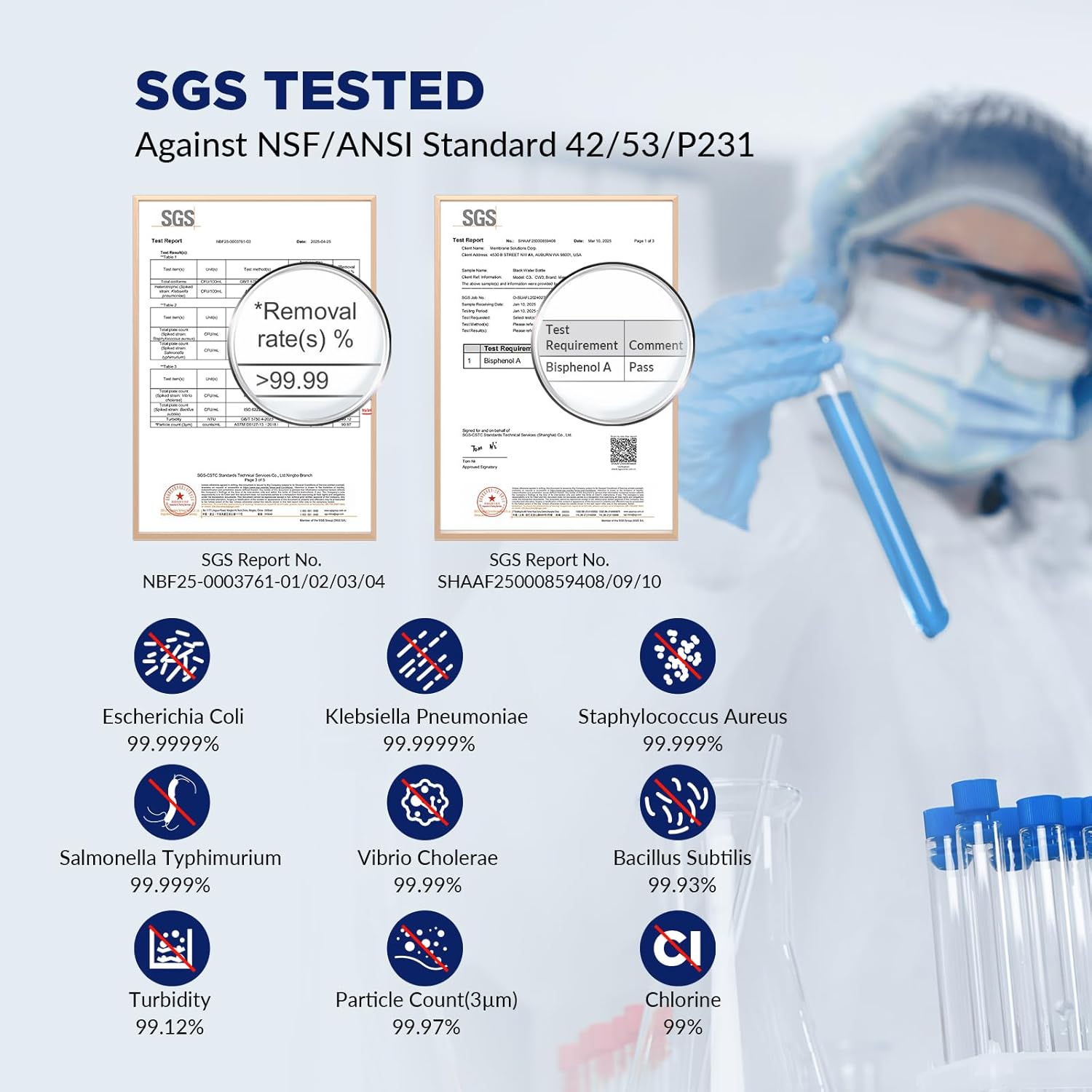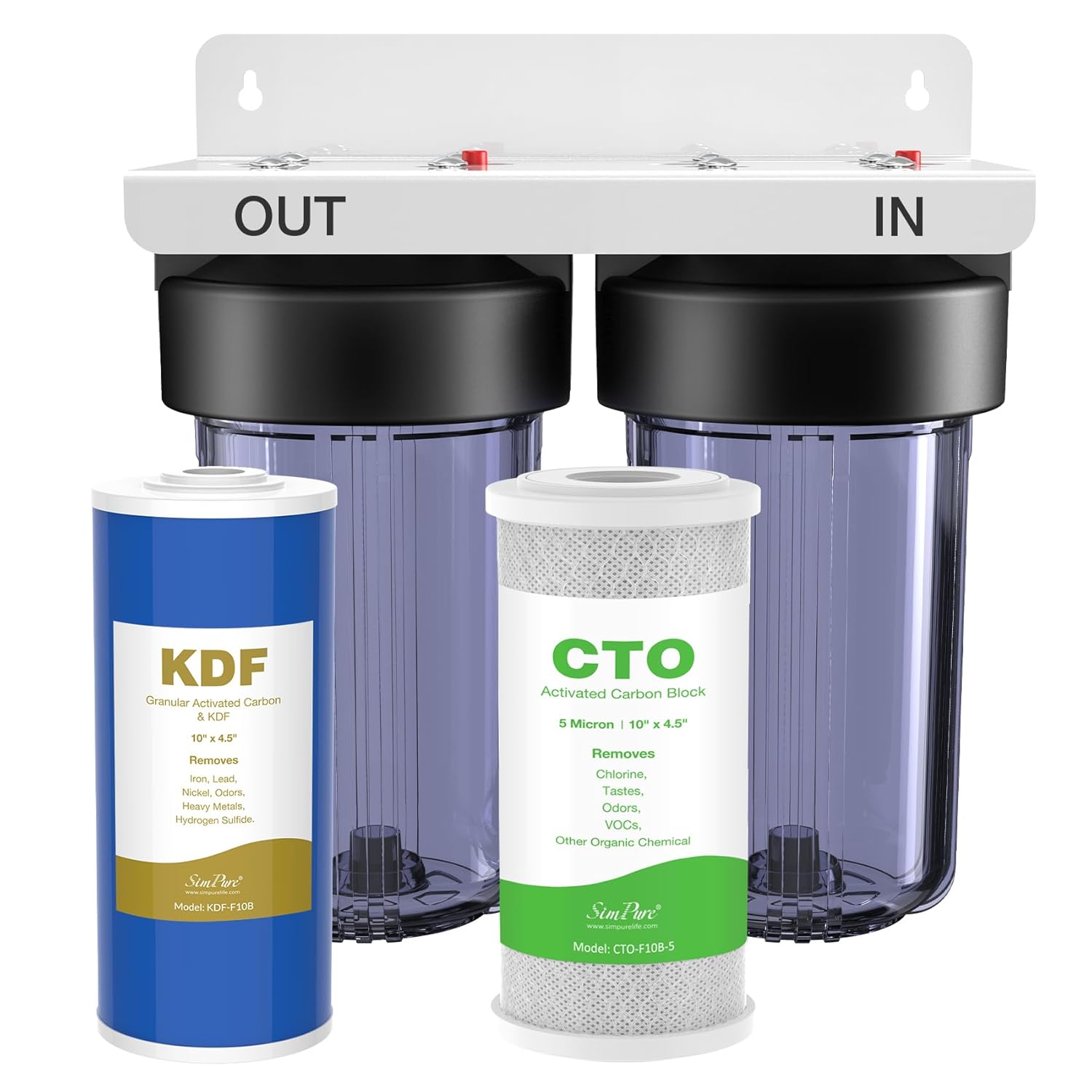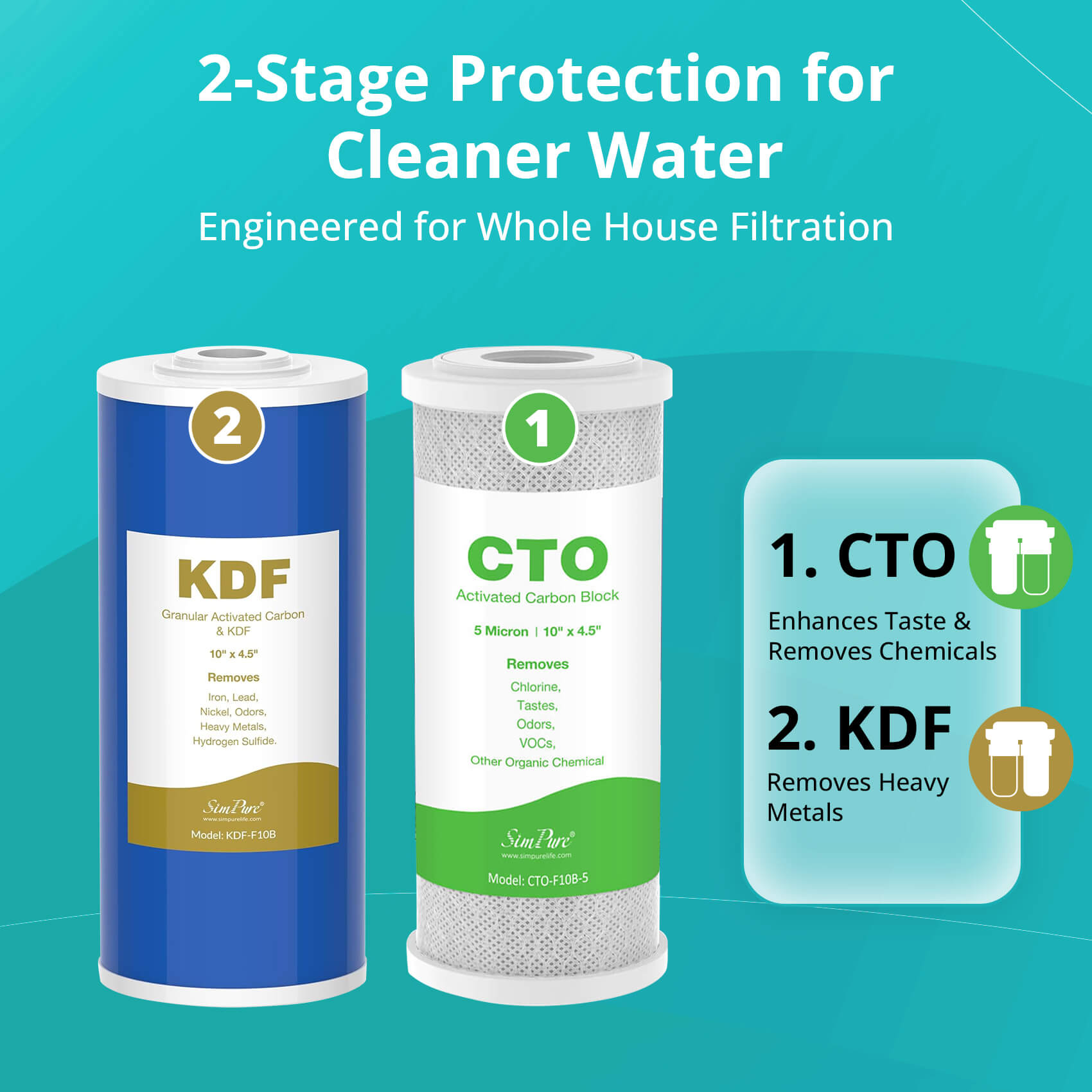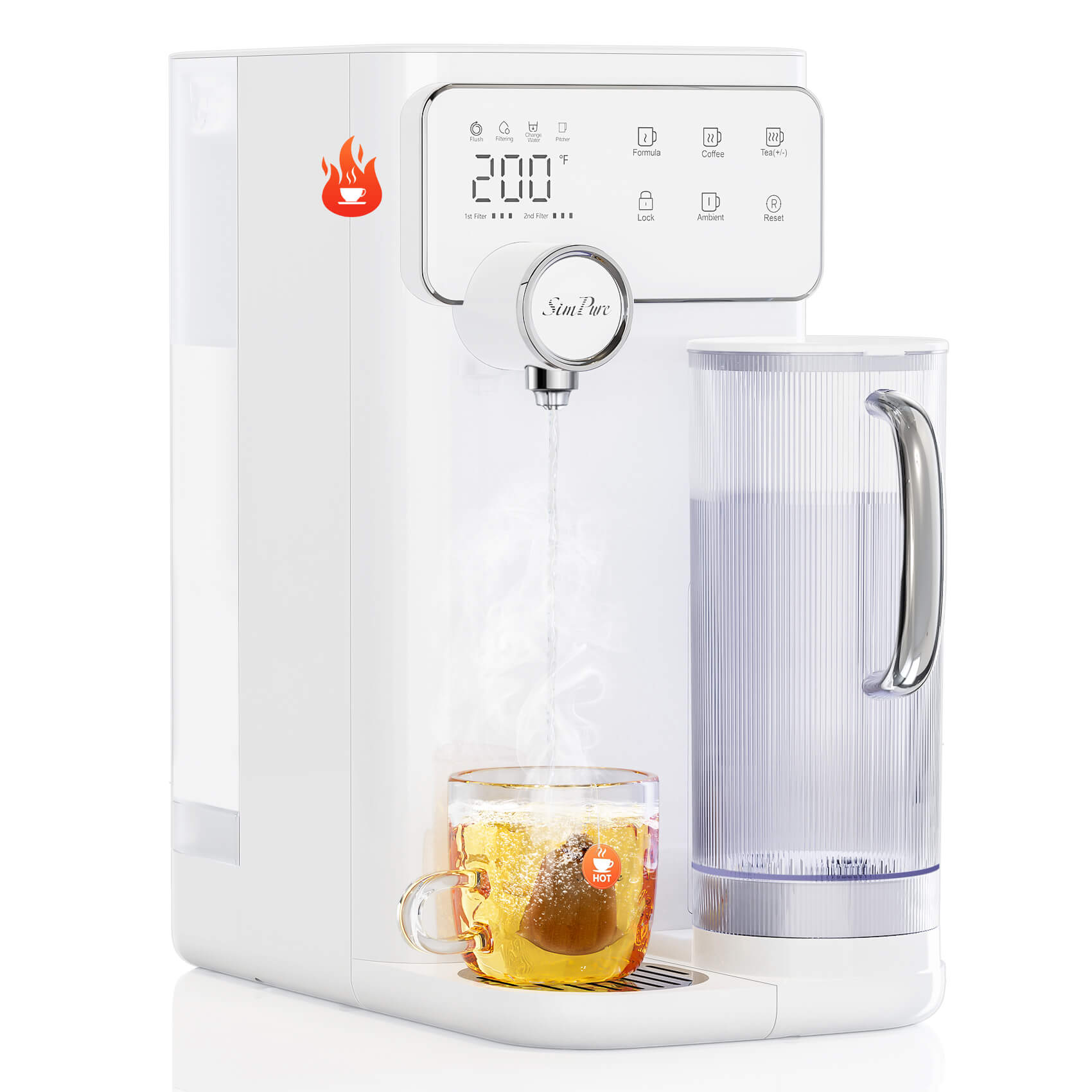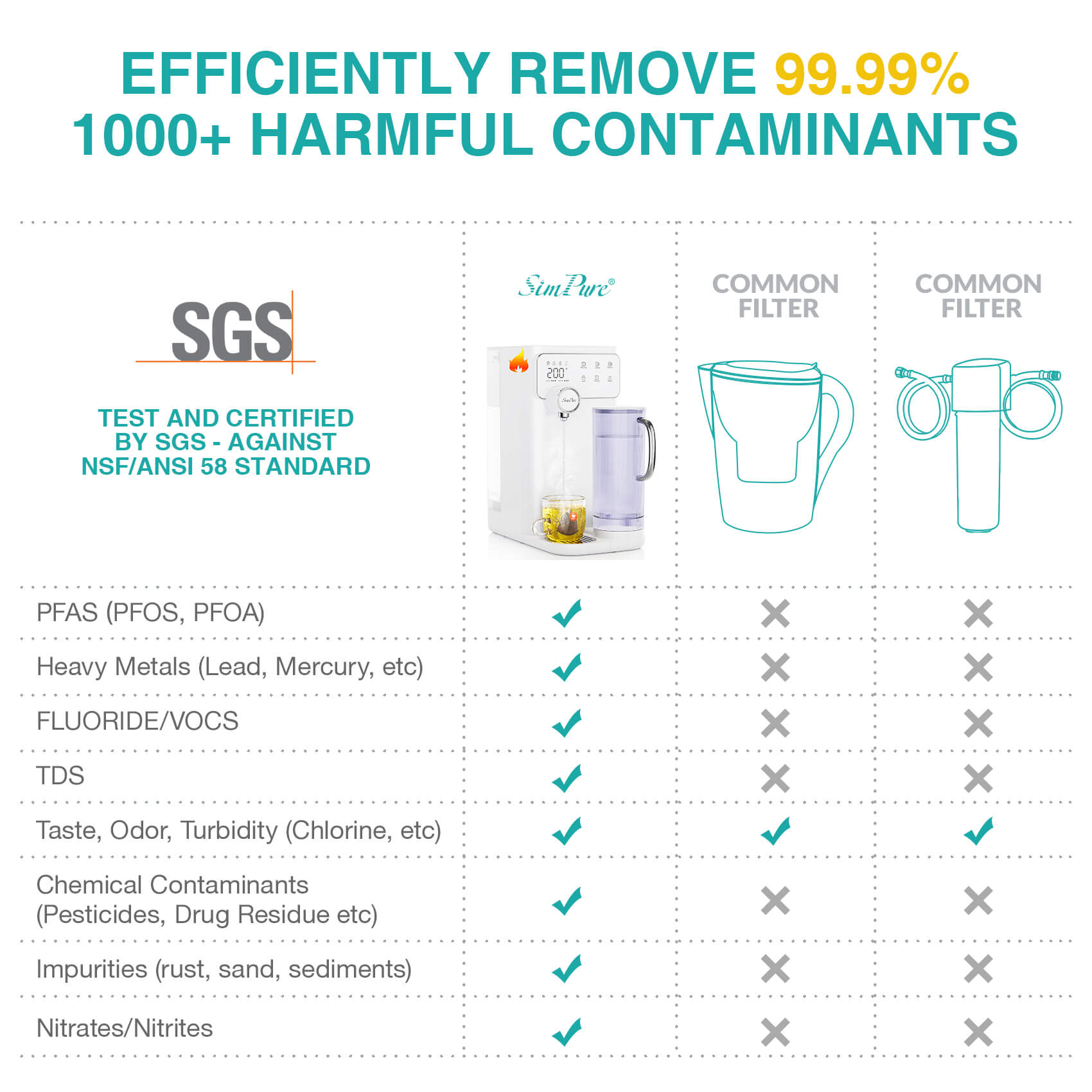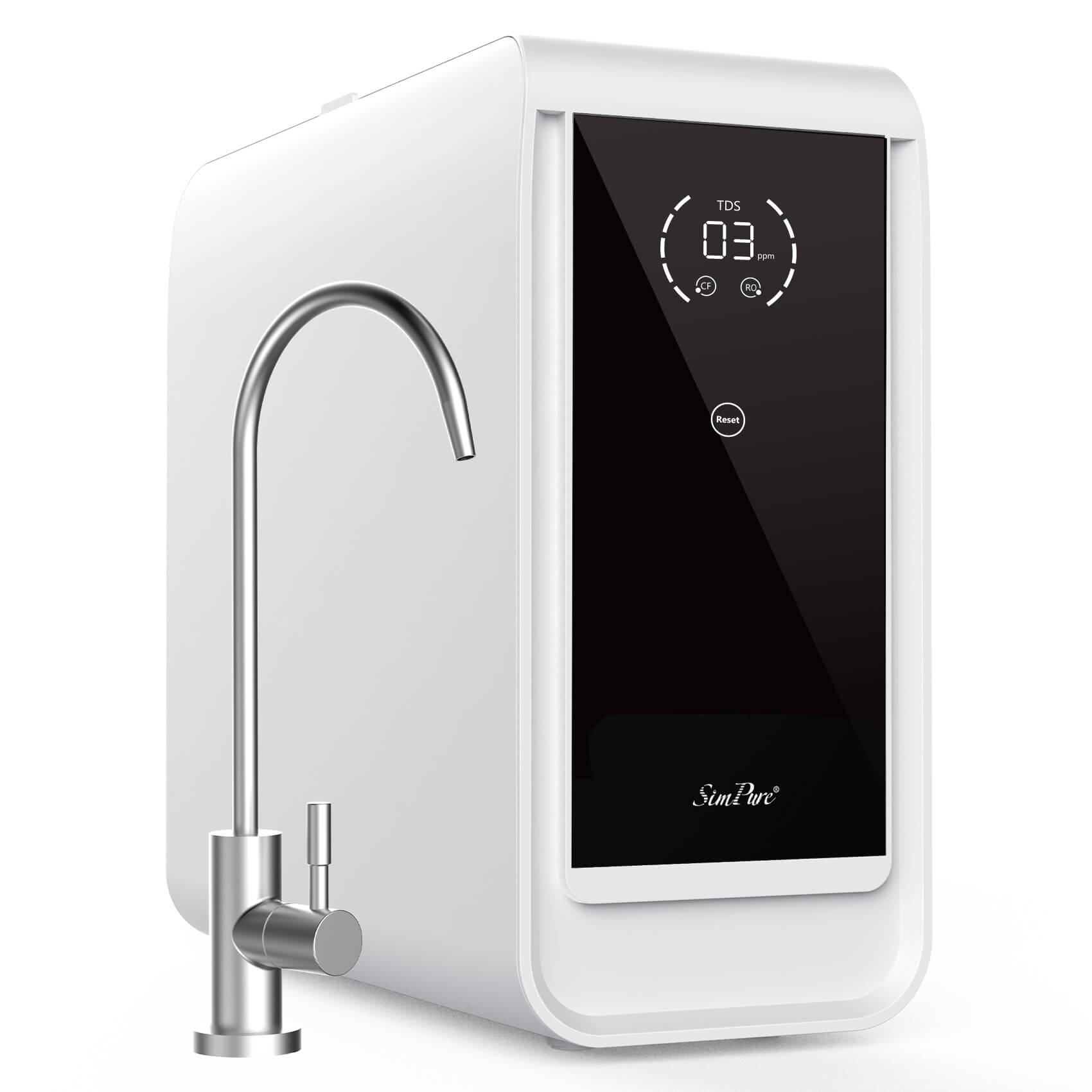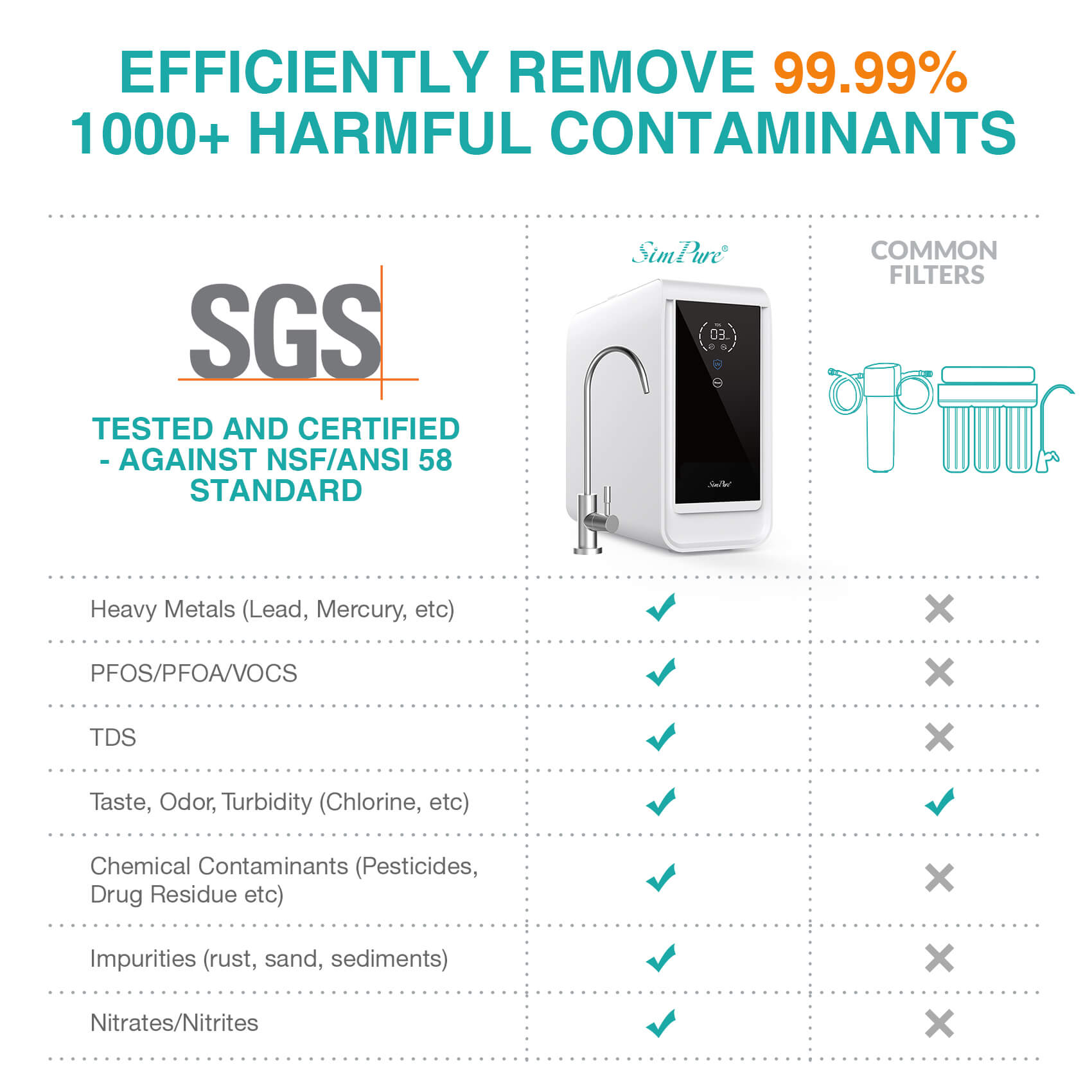If you are wondering why does my reverse osmosis system make noise now you gonna read the most important information that you want. Nowadays, reverse osmosis water purifier systems have gradually entered every family, but it is inevitable that there will be problems during use, that is noise. If it is the kind of noise that does not affect sleep, it is normal, don't care, but if the noise is particularly loud, you should pay attention. Reverse osmosis water purifier's noise mainly comes from water pumps, waste water valves, water pipe vibrations, etc. The biggest source of noise is generally water pumps. Let us see the detailed reason in this blog.
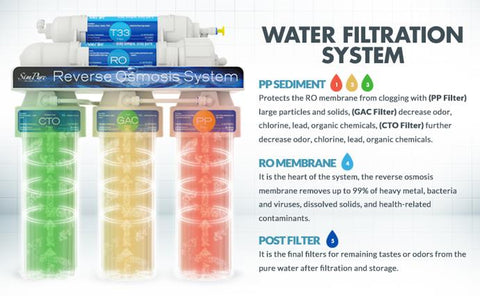
Reasons for the Loud Noise of Reverse Osmosis Water Purifier
RO reverse osmosis water purifier has a filtration accuracy of 0.0001 microns, with such high accuracy, it can filter out residual chlorine impurities, bacteria, viruses, scale, and heavy metals in the water. But it is difficult to pump the water out only by water pressure, so a water pump must be used to increase the pressure. The higher the flux, the higher the pump power is required for the machine, and the pump will inevitably make noise. Here are the specific illustrations:
① The pressure of the raw water after pressurization is about 0.8 MPa, and the water flow is in a high-speed rotation mode, which will produce a very loud noise, especially when the reverse osmosis pure water equipment is used for concentrated water In the throttle part of the discharge, the concentrated water discharge shutoff valve plays a very important role in the production of equipment. It can adjust the ratio of water production and concentrated water discharge, and play a role in pressure adjustment and noise in the overall operation of reverse osmosis pure water equipment. The size and so on. After the concentrated water is intercepted by the regulating valve, the space will suddenly increase due to the function of the regulating valve, and the high-speed rotating water will produce a very harsh noise.
② The water pressure is unstable, causing the machine to start repeatedly and make noises, or when there is a low water pressure in reverse osmosis, it will also give an alarm to indicate that the machine is lacking water; because of the water pressure problem, the water inside the water purifier cannot come and there is too much air. There will be noise. It is recommended to wait until the water pressure is normal before using the water purifier.
③ When there is a problem with the contact of the low-voltage switch and cannot be closed, an alarm will sound; or when there is a problem with the contact of the high-voltage switch, the water inlet valve of the machine will start continuously, and a continuous noise will be emitted.
④ When water seeps into the transformer of the water purifier, it will cause a short circuit in the machine, and then produce noise; or when gas enters the pipeline inside the machine, it will collide with the pipeline to produce noise.
⑤ Check if there is a problem with the placement of the reverse osmosis water purifier. If the placement is unstable, it will produce sound. Sometimes it is not because of the problem of the water purifier, but because the tap water pipe is too long, so when the booster pump is working, the pipe may vibrate, and sound will appear when it swings and hits something.
Generally speaking, the noise of the reverse osmosis system is due to the above-mentioned reasons, but there are two other situations where the booster pump and the compressor have problems. In addition, check whether the water supply is cut off. If the water supply is cut off, there will be is a sound, because the reverse osmosis water purifier needs to be pressurized to allow the water to pass through the reverse osmosis membrane, the sound will be louder when the booster pump is idling.
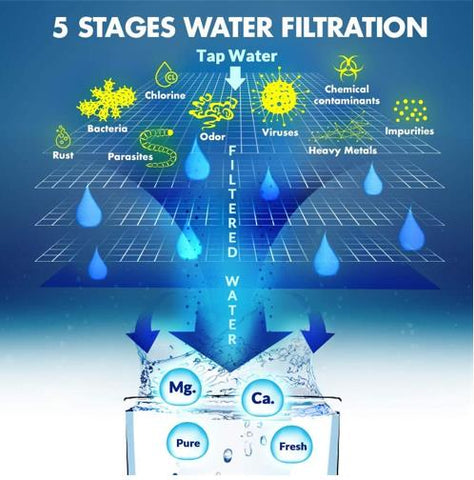
How to Deal With the Noise Made by Reverse Osmosis System?
1. Insulate or Soundproof the RO System.

By adding noise-absorbing materials around the RO system, such as rubber padding or foam, you can minimize the vibration and sound it produces. This simple solution helps create a quieter environment, making your RO system less intrusive and more pleasant to live with.
2. Regularly Maintain and Replace Worn Parts.
Noise in RO systems can be caused by malfunctioning or worn-out components. Regular maintenance, including cleaning filters, checking for leaks, and replacing damaged parts, can significantly reduce noise levels. Proper upkeep ensures that your system operates at peak performance and remains quieter over time.
3. Buy a High-Quality RO System.
Investing in a reputable and high-quality RO system like SimPure from the start can prevent noise-related issues. Top-notch systems are designed with noise reduction in mind, featuring advanced technology and precision engineering to operate quietly. While they may cost more upfront, their efficient operation and lower noise levels provide a more satisfactory long-term experience, ensuring your peace of mind and water purity. For high-quality RO system, you can view here.


